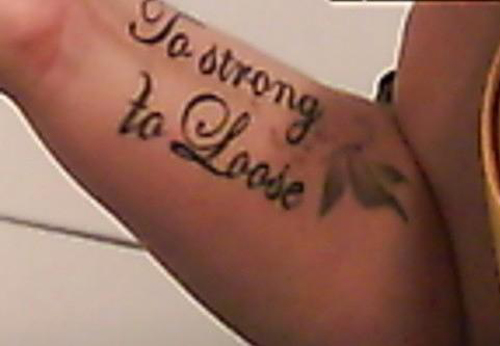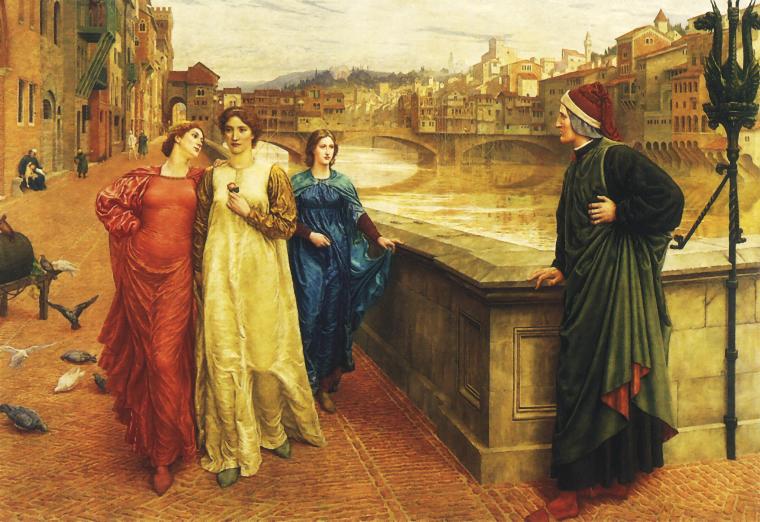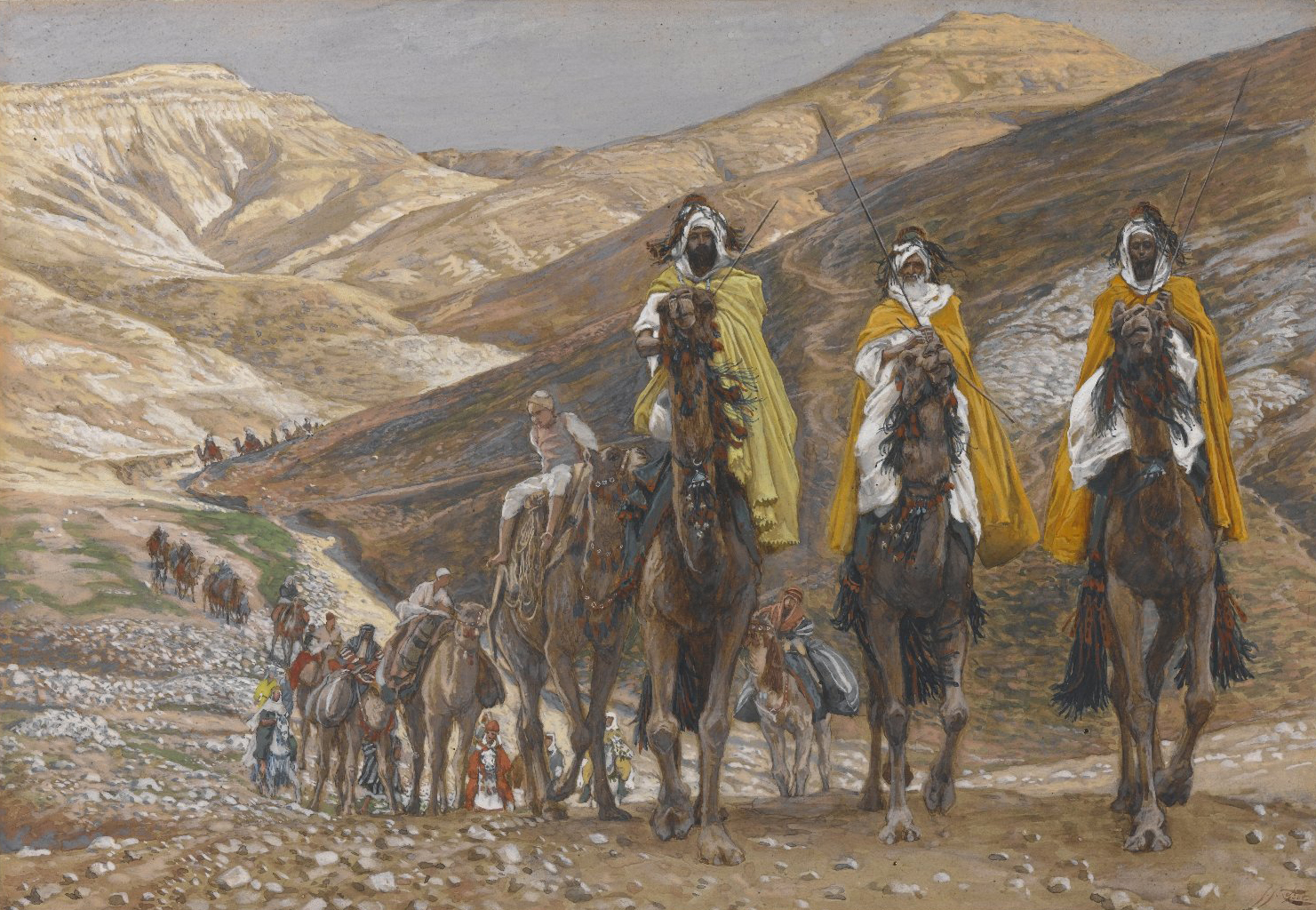- Roots
- mob, mot, mov -- move
- mon -- warn, remind
- Review the week
* Review: The Villanelle
* New: The Triolet
- Work on your journal (due Wednesday)
HW: Beautiful, Good and True




An idiosyncratic overview of English history for American
students of literature.
|
|||
Ancient--The Decline of the Roman Empire. The English
language is spoken but not written in the lands in and near western
Germany. The people of Britain are
Celts, but the Angles and Saxons and Danes will later overpower them (from
whom we get English, "Angle-ish").
The English are developing runes, but our language is not yet
alphabetized. The Latin language is
being introduced first through the Roman rulers, then through the missionary
work of Christians (who also spoke Latin).
Through the monks, we have copies of some ancient English poems,
legends, and myths. They would copy
English tales, songs, etc. that they heard into Latin when they weren't
copying Bibles (or, sometimes, they'd write a story in the margin, etc.). Rome loses its first major battle to the
Visigoths in A.D. 376 at Adrianople and is first sacked in 410.
AD--500 1000 Old English (Anglo-Saxon); early medieval; still, most scholarly work is done in Latin, but great kings such as
Alfred the Great would inspire a resurgence of English (rather than
exclusively Latin) culture. English is
now written using Latin letters rather than runes.
|
Moses (Hebrew Bible), Gilgamesh,
Sophocles, Euripides, David, Solomon, Ezra, Nehemiah, Plato, Septuagint
(Greek) Bible, Homer, Aristotle, The Vedas (Hinduism), Gautama
(Buddhism), Confucius, Alexander the Great, Julius Caesar, Augustus Caesar, Virgil,
mystery cults, Herod, Jesus the Christ
who is Lord, Paul, John, Justin Martyr, Tertullian, Augustine, Jerome's
Vulgate (Latin Bible), Constantine I, Mythologies and Legends in every culture. Christian councils and creeds
established.
Patrick, Beowulf, Muhammad
(Islam), King Arthur, Caedmon, Bede, Charlemagne, Alfred the Great, Richard
the Lion-Hearted, Fairytales...; East and West Schism in the Church
|
||
1000-1500 Middle English; late medieval; 1066 and the battle of Hastings is most significant, for here the
English are conquered by the Normans (Duke William) and our language adds a
great deal of French to it. The French
also bring their culture and learning, establishing Cambridge and Oxford as
our first universities. Hence, more
Latin. The Italian Renaissance is like
a great earthquake whose epicenter is Florence, Italy in the late 14th
century. Most western nations
experience some kind of rebirth of the arts and Classical culture by the 17th
century.
|
Fra Angelico, Michelangelo, Dante
Alighieri (three great men of Tuscany), Geoffrey Chaucer (the Father of English Poetry), William of
Ockham, First English Printing: William Caxton prints his translation of A History of Troy England in 1471, Wycliffe
(First English Bible)
|
||
1500-1660 The English Renaissance; the War of the Roses; Roman Catholic and Protestant Church division
|
|||
1500-1558
|
Tudor Period
|
Humanist Era; Early English Renaissance
|
Henry VIII, Thomas More, John Skelton, Thomas Aquinas, Martin
Luther, William Tyndale (First Printed English Bible);
|
1558-1603
|
Elizabethan Period
|
High Renaissance; England fends off the Spanish Armada
|
Edmund Spenser, Cervantes, Sir Philip
Sidney, William
Shakespeare (greatest English playwright)
|
1603-1625
|
Jacobean Period,
American Colonial Period Begins
|
Mannerist Style (1590-1640) other styles: Metaphysical Poets;
Devotional Poets
|
Shakespeare, John Donne, George Herbert, The King James Bible (Greatest English Bible), Ben Jonson, 1607 Jamestown Colony (America), 1620
Pilgrims, Aemilia Lanyer,
Jonathan Edwards
|
1625-1649
|
Caroline Period
|
Beheading of Charles I
|
Thomas Cromwell, Milton
|
1649-1660
|
The Commonwealth & The Protectorate
|
Baroque then Rococo styles
|
Marvell, Milton, John Bunyan's Pilgrim'
|
1660-1700
|
The Restoration
|
Charles II enthroned
|
Milton, John Dryden
|
1700-1800
|
The Neoclassical Period or Age of Johnson,
Our Founding Fathers and American Independence
|
The Enlightenment;
The Augustan
Age
|
Alexander Pope, Swift, Daniel Defoe, Samuel Richardson (1st
English novel Pamela in 1740),
Henry Fielding, Samuel Johnson
(first great English dictionary), George
Washington (1798, 1st American President), Ben Franklin, John Adams
|
1785-1830
|
Romanticism,
American Transcendentalism
|
The Age of Revolution; American Expansion into the Midwest
|
Wordsworth, S.T. Coleridge, Jane Austen, Longfellow, Thoreau,
Emerson, Hawthorne, the Brontës, American
English Forming
|
1830-1901
|
Victorian Period,
American Realism
|
British Empire at its Zenith; American Civil War; "Manifest
Destiny"
|
Irving, Charles Dickens, Dostoyevsky,
George Eliot, Robert Browning, Alfred Tennyson, Arthur Conan Doyle, Matthew
Arnold, Tolstoy, Twain
|
1901-1942 (or some say 1960)
|
Modern Period, WWI and WWII
|
The Edwardian Era (1901-1910); The Georgian Era (1910-1914);
Modernism; faith in self through systems
|
Theodore Roosevelt (26th President), G.M. Hopkins, G.K. Chesterton
(best essayist), Hilaire Belloc, H.G. Wells, James Joyce, D.H. Lawrence,
Joseph Conrad, T.S. Eliot, J.R.R.
Tolkien, C.S. Lewis, Hemingway, Faulkner, O'Connor
|
1942 (or
1961)--
|
Contemporary (and some say Postmodern)
|
Faith in self alone.
|
Greene, Lessing,
Wendell Berry, Seamus Heaney, Billy Collins, Borges, Stephen King, Roald Dahl
|
 |
| Young David Plays for Saul, the Tormented King |
The shattered water made a misty din.
Great waves looked over others coming in,
And thought of doing something to the shore
That water never did to land before.
The clouds were low and hairy in the skies,
Like locks blown forward in the gleam of eyes.
You could not tell, and yet it looked as if
The shore was lucky in being backed by cliff,
The cliff in being backed by continent;
It looked as if a night of dark intent
Was coming, and not only a night, an age.
Someone had better be prepared for rage.
There would be more than ocean-water broken
Before God's last Put out the Light was spoken.
HW: Journal 15: Please write three tasty lines of sense
experience from your memory of a coastal moment
or hour or day.
Here's an Epiphany art march: |
| Mid 500's (AD, of course) |
 | ||
| Mid 1500's (El Greco) |
 |
| Mid 1600s (Murillo) |
 |
| 1800s (Tissot) |
 |
| 2004 (Artist Brian Whelan) |